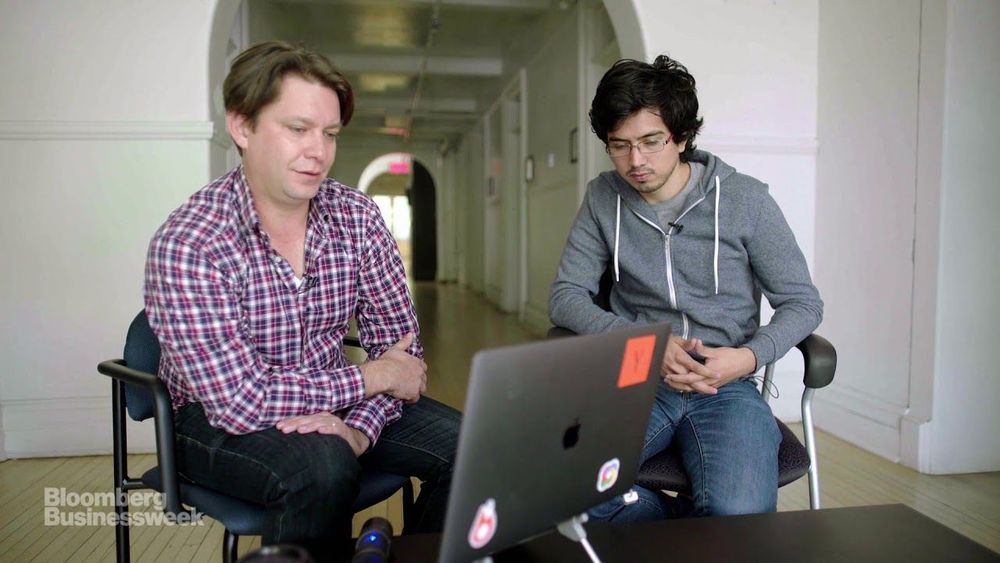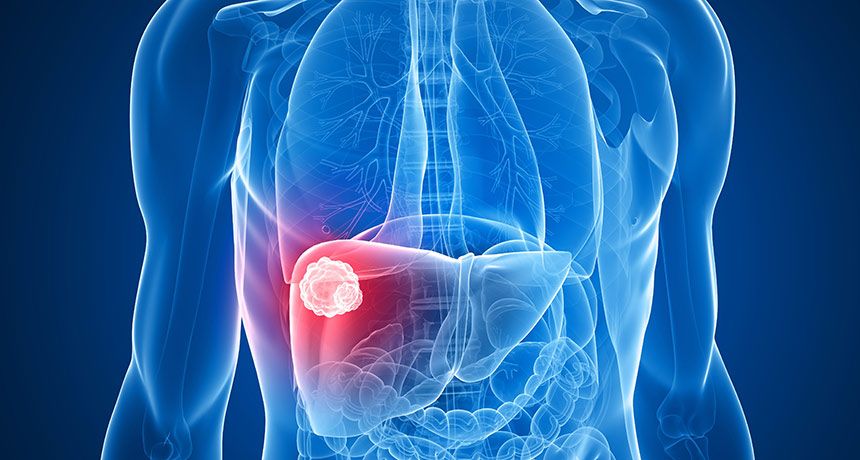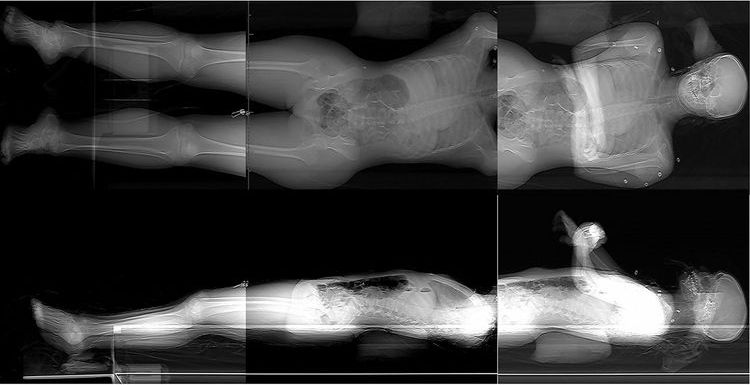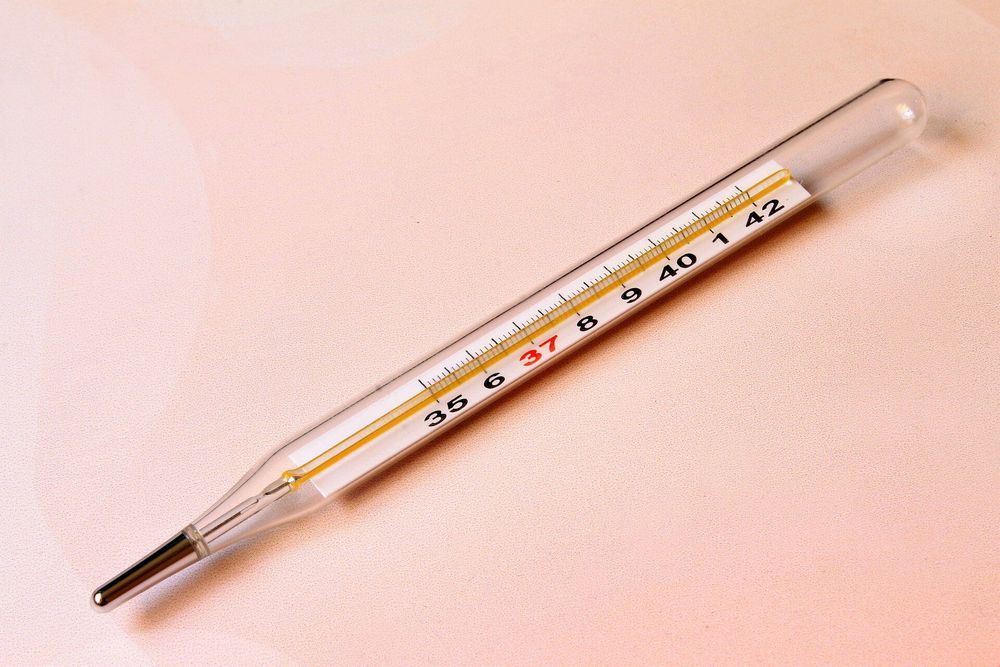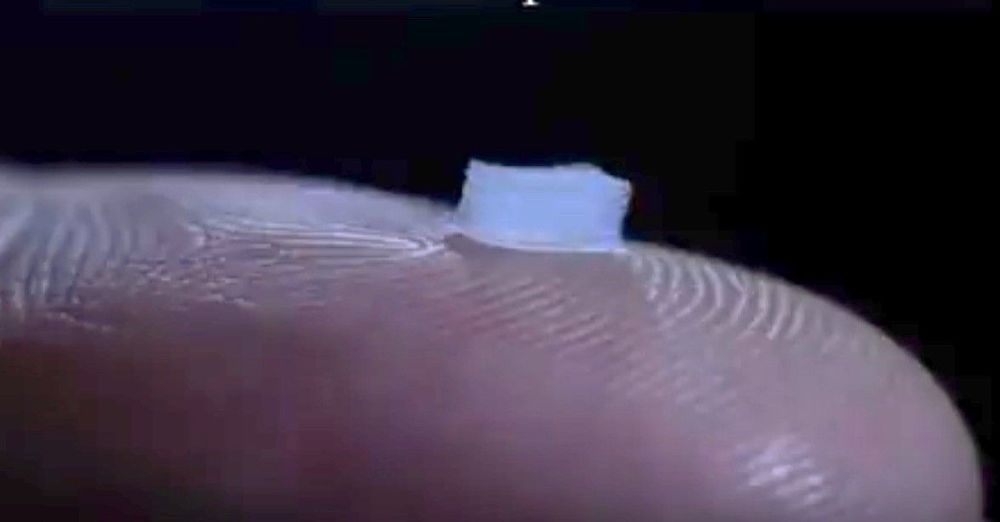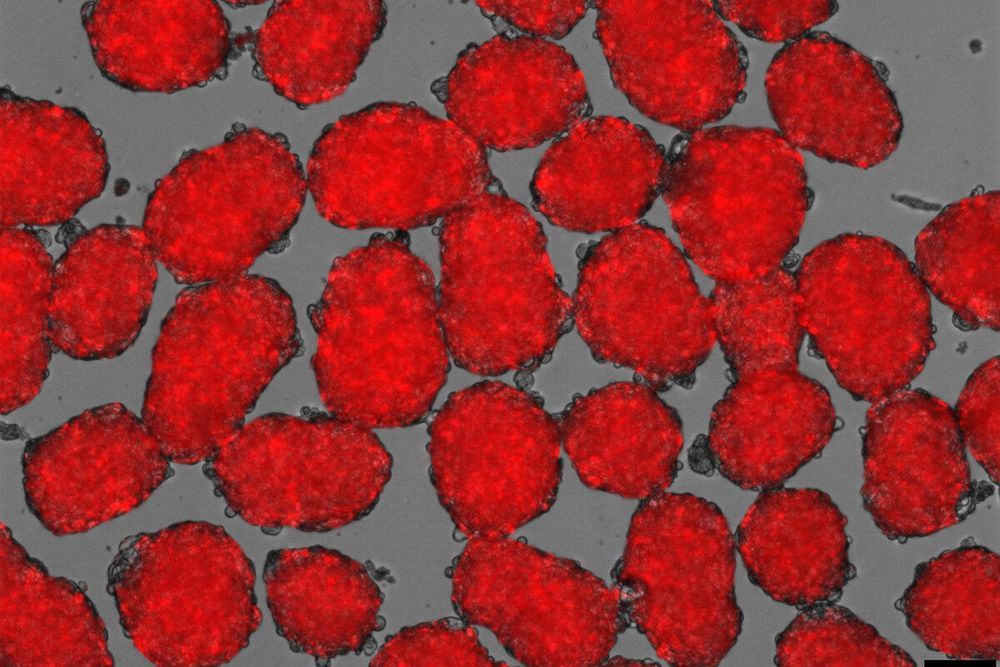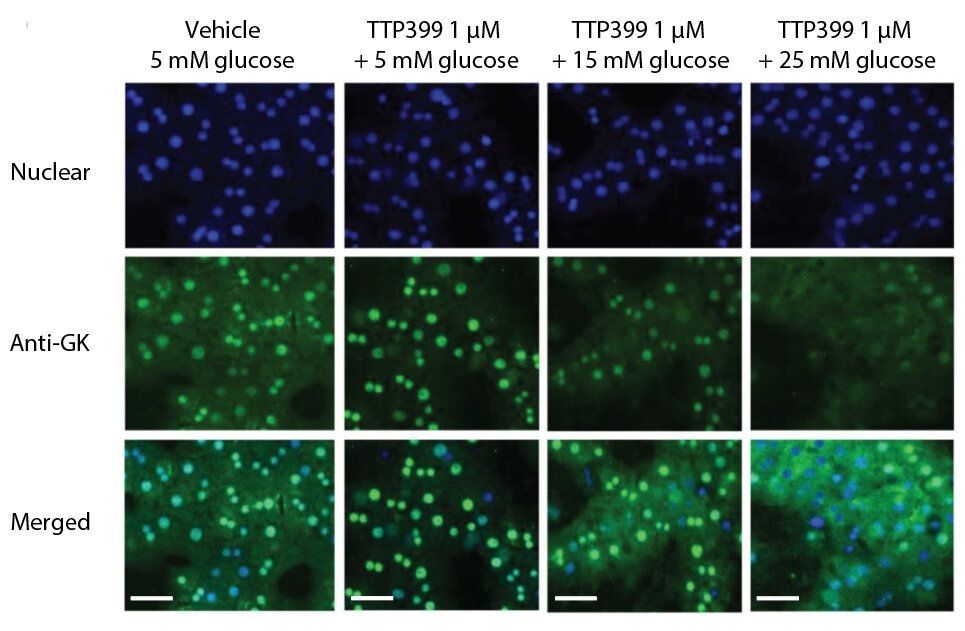Jan 30, 2019
This AI Can Clone Any Voice, Including Yours
Posted by Paul Battista in categories: business, robotics/AI
Journalist Ashlee Vance travels to Montreal, Canada to meet the founders of Lyrebird, a startup that is using AI to clone human voices with frightening precision.
Hello World is a Webby and Emmy-nominated video series from Bloomberg that invites the viewer to come on a journey across the globe to find the inventors, scientists and technologists shaping our future. Join journalist and best-selling author Ashlee Vance on a quest to find the freshest, weirdest tech creations and the beautiful freaks behind them.
Continue reading “This AI Can Clone Any Voice, Including Yours” »
